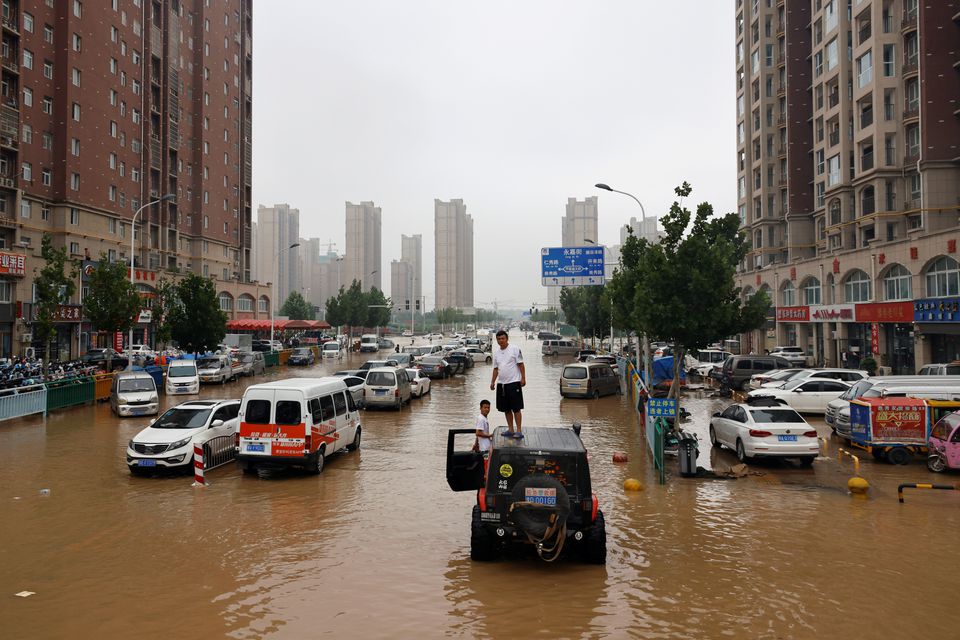A new worldwide wave of COVID-19. Natural disasters in China and Germany. A cyber attack targeting key South African ports.
Events have conspired to drive global supply chains towards breaking point, threatening the fragile flow of raw materials, parts and consumer goods, according to companies, economists and shipping specialists.
The Delta variant of the coronavirus has devastated parts of Asia and prompted many nations to cut off land access for sailors. That’s left captains unable to rotate weary crews and about 100,000 seafarers stranded at sea beyond their stints in a flashback to 2020 and the height of lockdowns.
“We’re no longer on the cusp of a second crew change crisis, we’re in one,” Guy Platten, secretary general of the International Chamber of Shipping, told Reuters.
“This is a perilous moment for global supply chains.”
Given ships transport around 90% of the world’s trade, the crew crisis is disrupting the supply of everything from oil and iron ore to food and electronics.
German container line Hapag Lloyd (HLAG.DE) described the situation as “extremely challenging”.
“Vessel capacity is very tight, empty containers are scarce and the operational situation at certain ports and terminals is not really improving,” it said. “We expect this to last probably into the fourth quarter – but it is very difficult to predict.”
Meanwhile, deadly floods in economic giants China and Germany have further ruptured global supply lines that had yet to recover from the first wave of the pandemic, compromising trillions of dollars of economic activity that rely on them.
The Chinese flooding is curtailing the transport of coal from mining regions such as Inner Mongolia and Shanxi, the state planner says, just as power plants need fuel to meet peak summer demand.
In Germany, road transportation of goods has slowed significantly. In the week of July 11, as the disaster unfolded, the volume of late shipments rose by 15% from the week before, according to data from supply-chain tracking platform FourKites.
Nick Klein, VP for sales and marketing in the Midwest with Taiwan freight and logistics company OEC Group, said companies were scrambling to free goods stacked up in Asia and in U.S. ports due to a confluence of crises.
“It’s not going to clear up until March,” Klein said.






